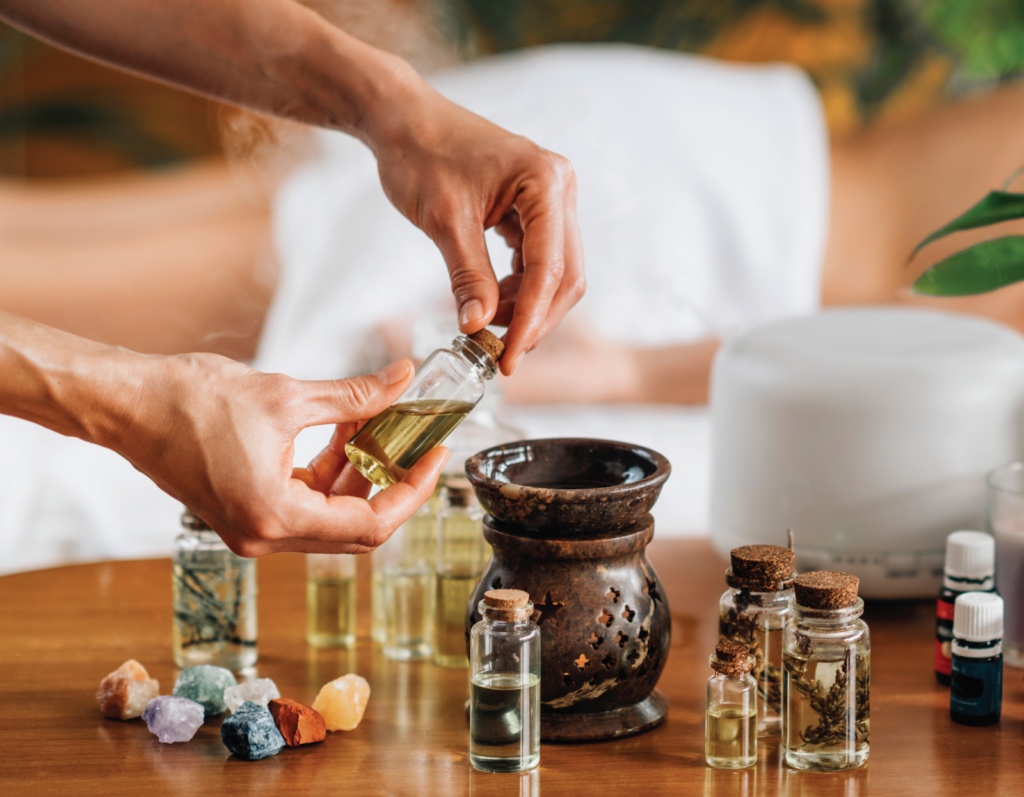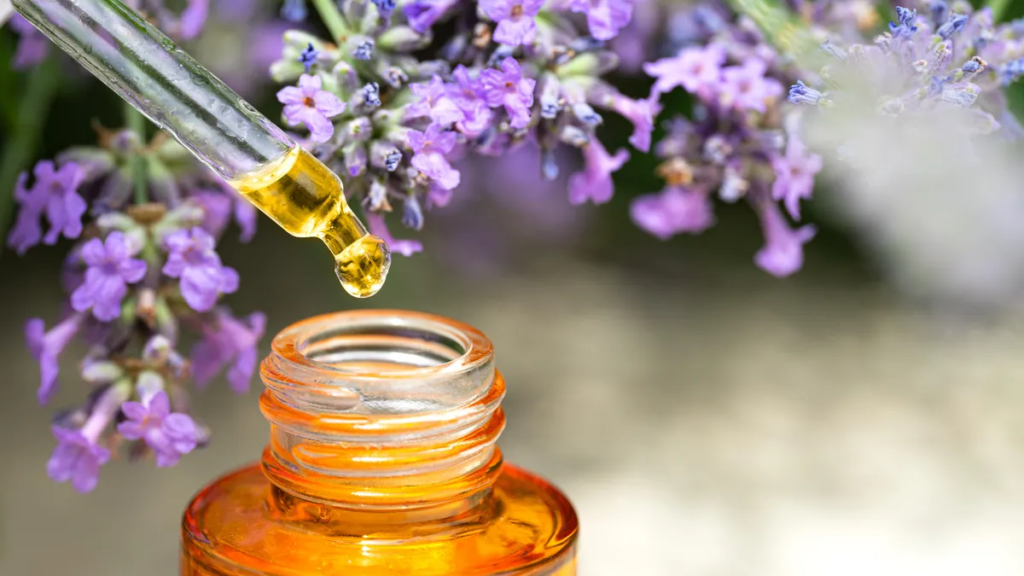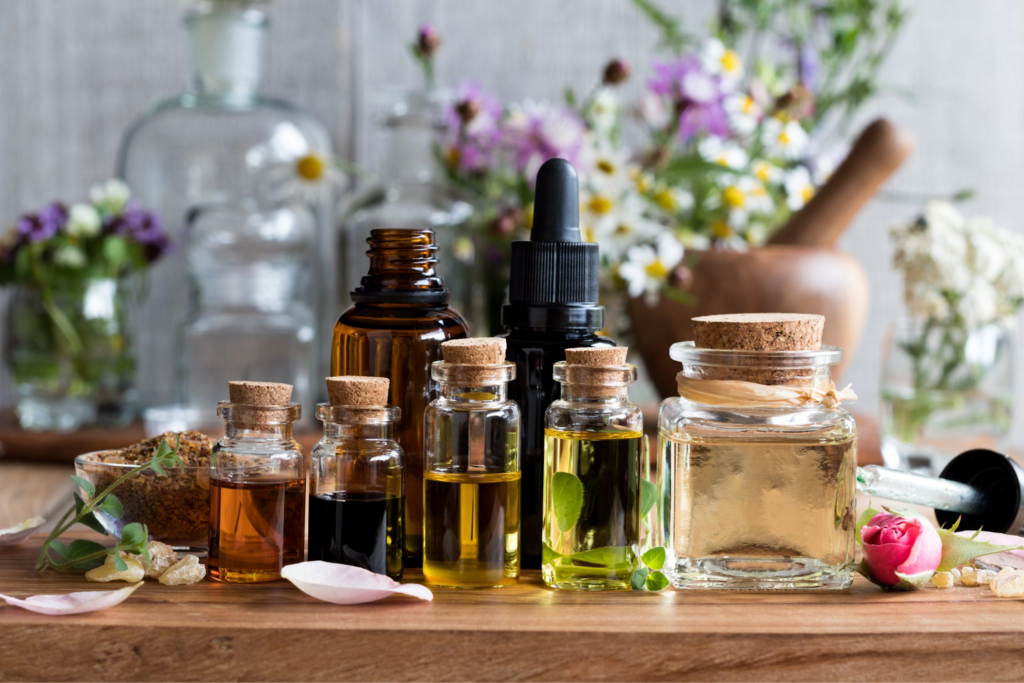
Aromatherapy is often advertised as a means of relaxation and well-being. But what does the science of aromatherapy say? This blog shall look into the evidence provided for the medical properties of essential oils and their operating principles. By studying these works, you will be able to understand more clearly whether aromatherapy is a science-based procedure or only a hearsay practice.
How does aromatherapy work according to science?
An aroma works by exciting the olfactory senses that are connected to the limbic brain. Essential oils are thought to work within this connection on emotion, stress, and mood with a view to induce calm and better mental health.
Aromatherapy may be employed via the use of essential oil inhalation or involve a massage using these oils, to stimulate the olfactory neurons located within the nose. Such neurons send messages to the limbic system, the part of the brain that regulates emotions, actions, and memory.
Research explains this relationship helps in understanding how certain essential oils such as lavender reduce anxiousness and help one calm down. It is observed, however, that scientific studies focused quite well on the chemical constituent of essential oils and its influence on the brain, but it requires more studies for thoroughness.
What scientific evidence supports aromatherapy for stress relief?
Some of the studies advocate aromatherapy with lavender oil reduces the levels of anxiety and stress. In study practices after clinical studies low cortisol levels yield significant stress management results in the patient hence in turn making the nervous system relaxed.
Various research has been done on using aromatherapy for the remediation of stress, lavender being one of the most essential oils used. There is overwhelming evidence that lavender oil reduces cortisol levels which is the primary stress hormone in the body hence bringing down stress and anxiety levels. Individuals who were subjected to lavender aroma reported relaxation despite the otherwise stressful conditions like a hospital.

Does research support the idea that aromatherapy can enhance sleep quality?
Research demonstrates that aromatherapy, with the use of lavender and chamomile essential oils, improves sleep quality. These oils have been considered sedative, thus minimizing symptoms of insomnia and enhancing sleep to be deeper and more restorative in both adults and children.
A number of studies have documented that aromatherapy significantly improves sleep quality, especially when using essential oils such as lavender and chamomile. These oils have mild sedative effects that facilitate falling asleep more quickly and having deeper sleep.
Does aromatherapy help with pain?
Some studies have postulated that aromatherapy, especially those with oils in the likes of peppermint and eucalyptus, may be able to help alleviate pain. Stimulating pain receptors and reducing inflammation may give complementary relief from headaches, muscle aches, and joint pains.
Pain management research has shown that aromatherapy can act as a very viable complementary treatment method for certain types of pain. Peppermint and eucalyptus essential oils are thought to decrease inflammation and inhibit pain signals through interaction with specific bodily receptors.

What does research say about aromatherapy and cognitive function?
Aromatherapy is able to enhance cognitive function-especially through rosemary and peppermint oils. Some studies have shown that memory, focus, and overall mental clarity improve, which means these oils could be useful in heightening productivity and lowering mental fatigue.
Various research has been done on how different essential oils, for example rosemary and peppermint, are able to enhance cognitive abilities. People participating in such studies who are subjected to these oils tend to have better retention of their memory, pay more attention to things around them, and have clearer minds.
Are there any adverse effects associated with the use of aromatherapy?
Aromatherapy is widely accepted as safe, but some people can have allergic or skin reactions. Essential oils should be well diluted and should not throat or come closely to any sensitive areas like in the eye to reduce any danger.
Most of the time, aromatherapy is considered non-invasive with no such side effects, however, some measures should be adhered to avoid such negative outcomes. Essential oils are potent and their overuse or every skin contact with it without a dilutant could cause skin burns.
Too high concentrations or liquids of some of the essential oils may even induce headaches or irritation of the respiratory passageways to certain critically sensitive individuals. A patch test is advisable with every oil that is likely to be touched on the skin.
Does clinical research indicate that depression can be treated with aromatherapy?
It has been found in research that aromatherapy with the use of citrus and lavender oil can help improve the condition of depression. Such oils can improve the mood and emotional response making them a good adjunctive treatment.
Regarding mood enhancement and depression mitigation, the effectiveness of aromatherapy has been tested in various clinical settings. The smell of obligatory oils, like orange or lemon, tends to release more serotonin and dopamine in the human body, compounds associated with the state of happiness.
Because of its relaxing effects, lavender has also been used to help clients with depression and anxiety which is prevalent in such conditions. Although aromatherapy cannot cure depression on its own, it doesn’t work that way; it can still offer some mood-enhancing effects that will assist in improving well-being.
Conclusion:
Aromatherapy is a particular phenomenon that lies at the interface between the science of medicine and the art of healing using natural substances and more evidence is being gathered on the therapeutic use of the technique. Essential oils have shown effectiveness in treating a wide range of issues like sleeping disorders, anxiety, stress, fatigue, and many more. Still, even though encouraging studies are available, an additional level of thorough research is required to assess the prolonged impact. It is wise, however, to consult your doctor before incorporating aromatherapy into your health regimen if you have conditions.

